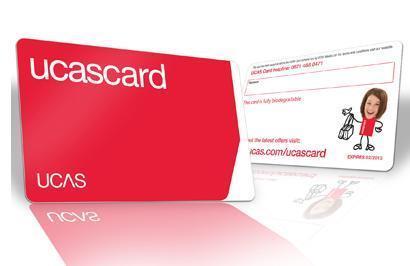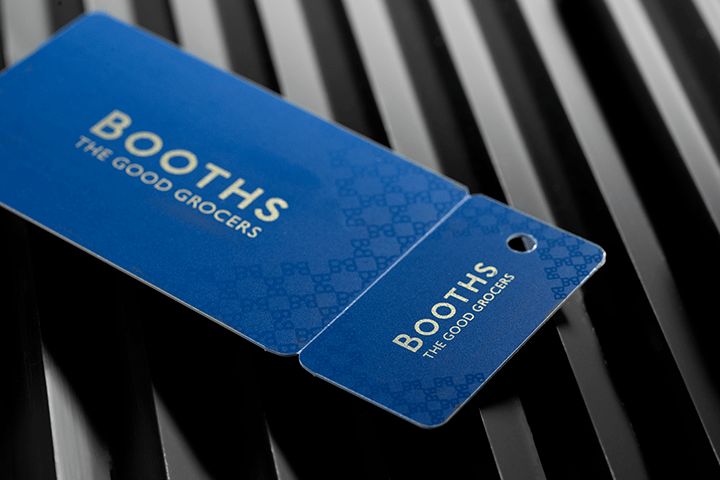Commercial card manufacturer, Plastic Card Services (PCS), has retained its contract to produce biodegradable cards for UCAS, the organisation which manages applications to higher education courses in the UK, for the third year running.
The Cheshire-based manufacturer has already produced 560,000 UCAS cards, which give applicants information on higher education, universities and colleges they’re interested in, and discounts at retailers during the university research and application process.
For the third year, UCAS has opted for PCS’s biodegradable materials and process, in order to support its environmental policy. UCAS obtained ISO 14001 recognition in 2009, a standard that sets out an effective environmental management system for an organisation, and addresses the balance between maintaining profitability and reducing environmental impact.
PCS’s biodegradable card degrades in soil in a fraction of the time a normal PVC card would. It conforms to the International Biodegradable Standard, ISO 14855, and leaves no toxic effect on the environment
The card contains a unique UCAS card number, with the individual’s name and educational establishment printed on the face of the card, and a signature strip on the reverse.
Kristine Murray, Marketing Account Manager at UCAS, said: “As we have charity status, we take our green credentials seriously, and have very specific requirements. We are committed to reducing the amount of plastic in our cards until a reliable material could be found to be fully bio-degradable, while still being resilient. Therefore, it was an easy decision for us to partner with PCS, who share our commitment to sustainability.”
Rob Nicholls, PCS Managing Director, said: “We’re delighted that UCAS has opted for the bio card for the third year, and we hope that other organisations will follow this example. It is clear that membership cards are still an important tool for many businesses and organisations, and the bio card is a great way of maintaining this while adding to their green credentials, especially as the decision to ‘buy bio’ costs a company only a small percentage more than the standard PVC equivalent.”





